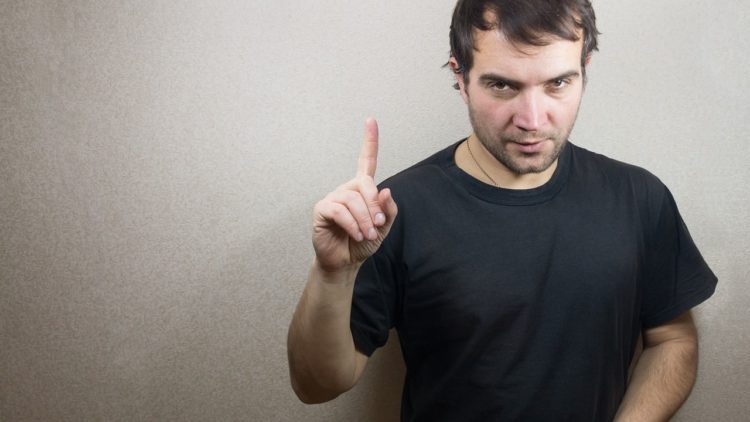The Five Mottos of Evil

– I’m just following orders.
– I’m just doing my job.
– If I don’t do it, they’ll just get someone else to do it.
– It’s okay, they’re rats, leaches, terrorists, scum, etc.*
– It’s for the greater good.^
It is pretty safe to say that more human suffering, evil, and atrocities have been committed under the banner of these five mottos than anything else – by a long shot.
One of the deceptive things about all of them is that we tend to think that only other people, maybe even other people from long ago, are susceptible to thinking and acting out these mottos. The one thing that every person who ever thought or lived out these things had in common, is that that they were all human.
Be careful! None of us are immune. Remember that any wrong or evil we do under these mottos is still . . . wrong, still evil.
If you’d like to learn more about the psychology of evil, anything by Philip Zimbardo would be a great place to start (he has some good TED Talks you can listen to).
*Or any other term that deprives an individual or group of individuals of their inherent human dignity and worth. In his book Resistance to Tyranny, Joseph Martino reminds us that “The Communists in the Soviet Union never killed any ‘people.’ Instead, they killed kulaks, capitalists, wreckers, saboteurs, enemies of the people, counter-revolutionaries, and similar ‘extremists.’ Likewise, the Nazis never killed any Jewish ‘people.’ Instead they killed maggots, menaces to society, scum, parasites, vacilli, etc. By first marginalizing the people they wanted to destroy, these governments were able to get away with their murders” (p73). In Lt. Col. Dave Grossman’s book On Killing: The Psychological Cost of Learning to Kill in War and Society, he points out that desensitization and the dehumanization of the other is psychologically necessary to make it possible for most people to kill someone else.
^Individuals complying with their government in the murdering their own people (called “democide”), and often “for the greater good,” ended the lives of far more people in the 20th century than all wars during that century combined – a total of 263 million murdered people according to R.J. Rummel. Some argue that the number should be higher because many of the wars that governments get their people into are not actually for the defense of the people, but to advance the power and goals of the state, and therefore the lives lost in these conflicts should also be considered murder by the state. None of these atrocities would be possible without the complicity of thousands, if not millions of individuals. Rummel, the pioneer in democide research, concluded that “concentrated political power is the most dangerous thing on earth.” See Democide and Rummel’s Power Kills page at the University of Hawaii.

No Comment